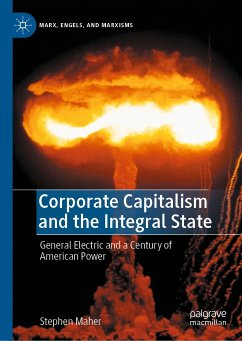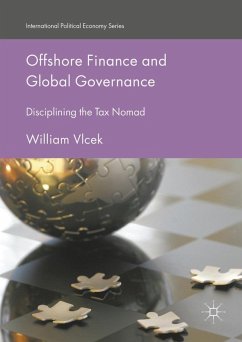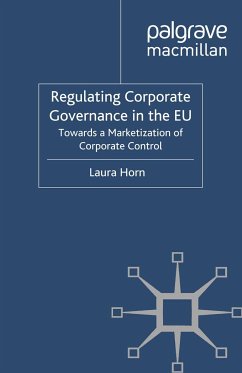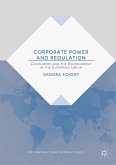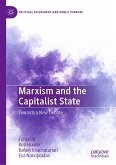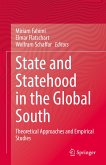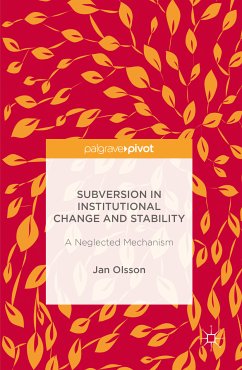-Alfredo Saad-Filho, Professor of Political Economy and International Development and Chair of International Development, King's College London, UK
"Maher's impressive book draws on political economy, critical state theory, and historical institutionalism to elaborate a theory of the integral state. It is a major contribution to critical state theory and American political development."
-Clyde W. Barrow, Professor and Chair of Political Science, University of Texas Rio Grande Valley, USA
"Maher's excavation of GE delivers an ambitious theoretical treatise offering insights ranging across political economy, finance, the theory of the corporation, the understanding of the American state and the corporate-state nexus."
-Sam Gindin, former Research Director of the Canadian Auto Workers Union
This book advances an original conception of the relationship between state and corporate power in the United States. Using what he terms an Institutional Marxist framework, Maher argues that, far from passively responding to interest group pressures, the state has been a key agent in politically mobilizing business, and has played an active role in the organization of lobbying groups. Such business associations do not merely express the pre-existing interests of their corporate members, but are also mechanisms through which the state organizes the political power of the capitalist class. They form part of what the author refers to as an integral state-a wider network of state power which traverses and interpenetrates the state bureaucracy, the legislature, the industrial policy apparatus, and corporate governance. Based on extensive archival research, this book tracks the role of the General Electric Company as a pillar of the integral state in the United States from the finance capital period (1880 to 1930), through the managerial period (1930-1979), to the restructuring leading up to the age of neoliberalism (1979-present).
Stephen Maher is a Post-Doctoral Fellow at Ontario Tech University, Canada.
Dieser Download kann aus rechtlichen Gründen nur mit Rechnungsadresse in A, B, BG, CY, CZ, D, DK, EW, E, FIN, F, GR, HR, H, IRL, I, LT, L, LR, M, NL, PL, P, R, S, SLO, SK ausgeliefert werden.

